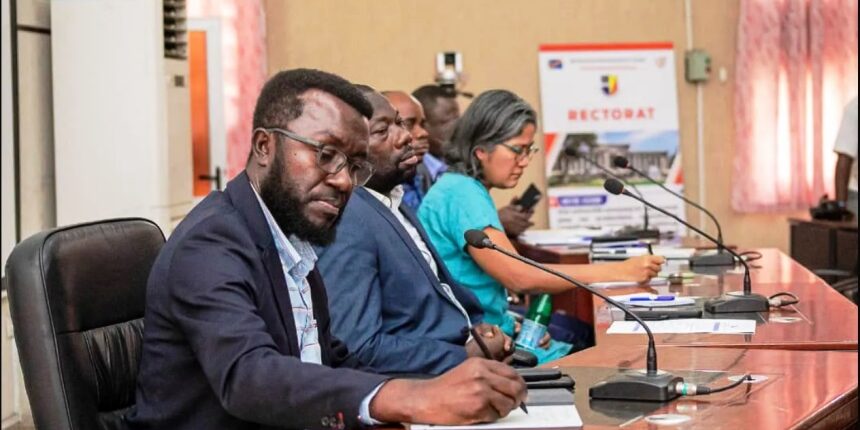Reducing emissions from deforestation and forest degradation in developing countries (REDD+) is seen as one of the ways for the international community to financially support tropical forest countries in their efforts to prevent deforestation and forest degradation. While tropical countries are struggling to secure more funding for the REDD+ mechanism, there has also been a focus on determining how funds received should be distributed to communities. As countries like the DRC participate in the development of the international carbon market, they are also exploring and implementing mechanisms for sharing the benefits.
This science and policy dialogue is for governmental institutions, academics, donors, civil society organizations, the private sector, research institutions and partners who are involved in climate change, forest, environmental and financial sectors. It has two main objectives:
- to share the most up-to-date version of our research findings on REDD+ finance and benefit-sharing mechanisms in DRC with the government to strengthen the implementation of REDD+;
- to get feedback from the government actors and other stakeholders on our research findings.
Contacts: D.Sonwa@cifor-icraf.org and Blaisepascalmihigo@gmail.com
Presentations
- Landscape of REDD+ Funding Disbursements in DRC and Updates on REDD+ projects, Stibniati Atmadja (CIFOR-ICRAF)
- REDD+ finance and benefit-sharing in the Democratic Republic of Congo (DRC): Opportunities and challenges, Denis Jean Sonwa (CIFOR-ICRAF)

















